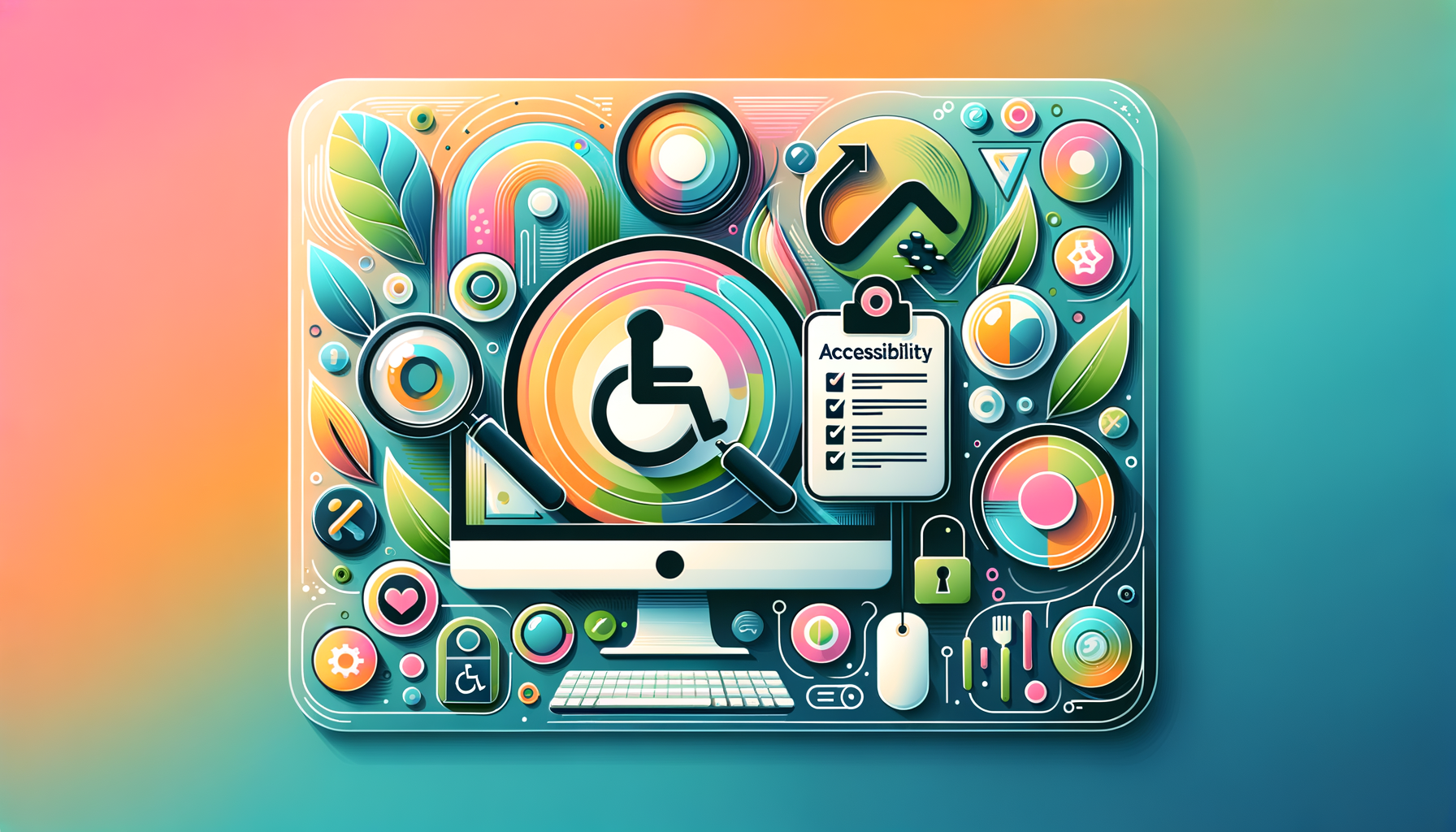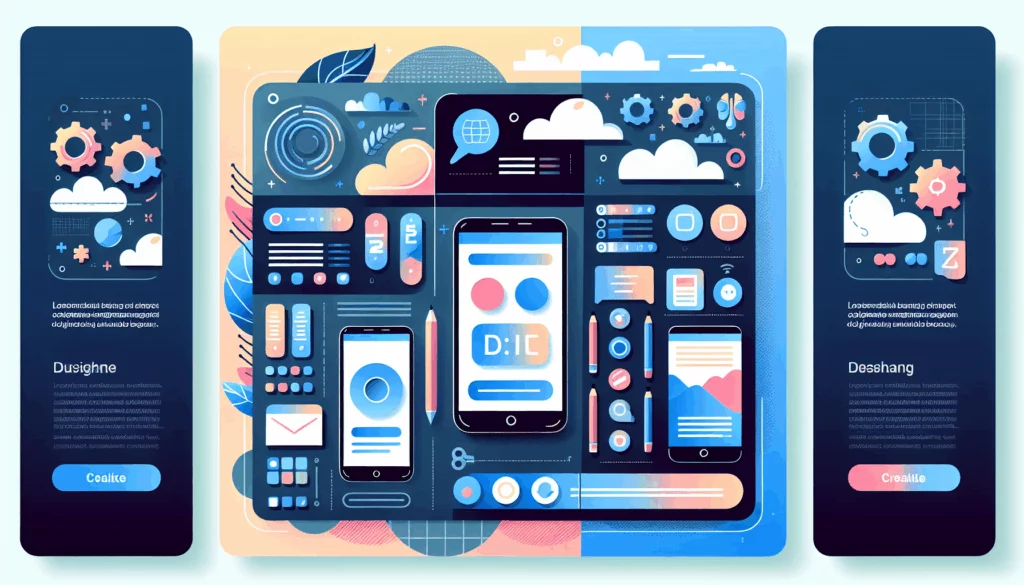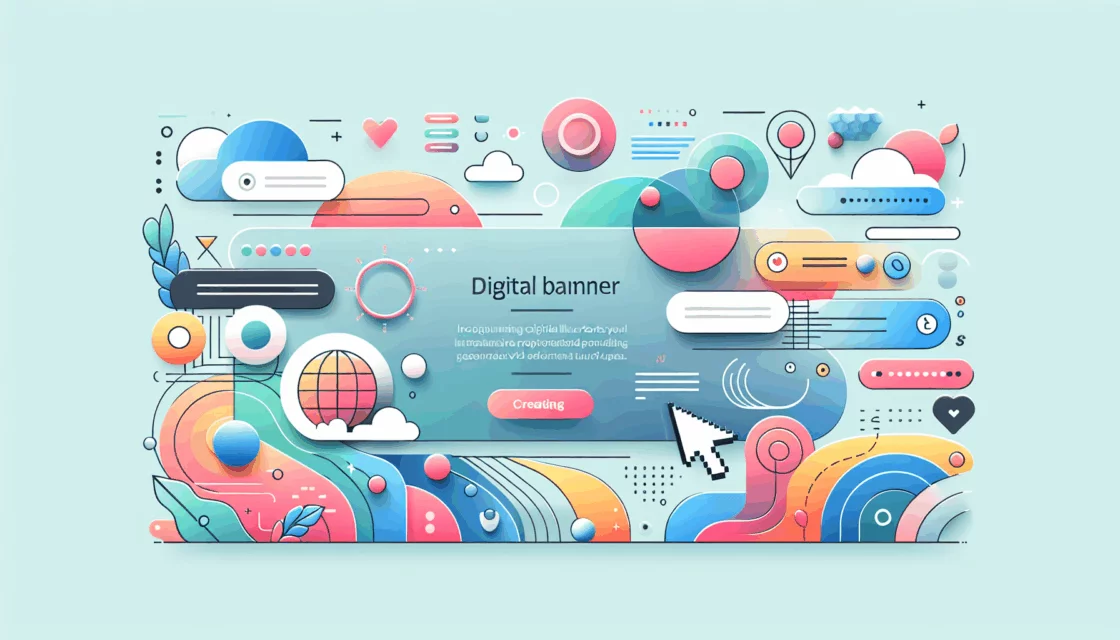
Enhancing Inclusivity: Top WordPress Accessibility Plugins for 2025
As the digital landscape continues to evolve, the importance of web accessibility cannot be overstated. With the upcoming enforcement of the European Accessibility Act (EAA) in June 2025, ensuring your WordPress website is accessible to all users is not just a moral imperative, but also a legal requirement.
Understanding Web Accessibility
Web accessibility is about designing websites that are usable by as many people as possible, regardless of disabilities. The Web Content Accessibility Guidelines (WCAG) serve as the benchmark, providing a comprehensive framework with three levels: A, AA, and AAA. Aim for the AA level, which is the global standard most websites should strive for.
Why Accessibility Matters
Accessibility is not just about compliance; it’s about creating an inclusive digital environment. By making your website accessible, you reduce barriers for potential customers, promote equality, and cultivate a positive brand image. This can also tap into a larger market, including the estimated 135 million people with disabilities in the EU.
Top WordPress Accessibility Plugins
Here are some of the top WordPress accessibility plugins that can help you achieve WCAG compliance and create an inclusive design.
1. WP Accessibility
Created by Joe Dolson, WP Accessibility is a free plugin that optimizes website elements for accessibility. It fixes common issues like alt tags, keyboard focus, and color contrast. Although it’s not intended to make your site fully compliant with any accessibility guidelines, it’s a great starting point.
- Key Features: Easy to use, globally compatible, and works with all major page builders.
- Pros: Free, lightweight, and regularly updated.
- Cons: Limited customization options.
2. UserWay
UserWay is a robust plugin that simplifies the process of making your website accessible. It offers an easy-to-use widget with several key accessibility tools. This plugin is cross-platform compatible and works with all major hosting services, including those from Kinsta.
- Key Features: Alt tags, menus, state controls, popups, ARIA attributes, and more.
- Pros: Easy to use, comprehensive features, and cross-platform compatible.
- Cons: Some features may require a subscription.
3. AccessiBe
AccessiBe is an AI-powered plugin that enhances the accessibility and usability of your website. It connects seamlessly to the AccessiBe AI service without requiring any code changes. This plugin optimizes elements such as alt tags, menus, state controls, and popups.
- Key Features: Real-time accessibility scan, keyboard navigation, screen reader adjustment, and more.
- Pros: AI-powered, comprehensive features, and real-time monitoring.
- Cons: May require a subscription for full features.
4. WP ADA Compliance Check
This plugin is specialized in helping website owners stay compliant with ADA and WCAG standards. It scans your website for accessibility issues and offers actionable recommendations. It’s particularly useful for developers and businesses needing to ensure legal compliance.
- Key Features: Scans entire website, includes web accessibility widget, and identifies untagged PDF files.
- Pros: Comprehensive scanning, includes many WordPress improvements, and integrates with HTML validation plugin.
- Cons: Some advanced features are locked behind a paywall.
5. WP Accessibility Helper
Developed by Alex Volkov, this plugin helps users solve web accessibility problems related to font size, contrast, ARIA labels, alt text, and more. It offers an intuitive admin panel and a drag-and-drop editor for real-time customization.
- Key Features: Quick setup, intuitive admin panel, and drag-and-drop editor.
- Pros: Simple and intuitive, free version provides significant features, and regular updates.
- Cons: Some advanced features are locked behind a paywall.
6. Accessibility Lite
This plugin is aimed at smaller websites or those looking for quick accessibility fixes. It focuses on ensuring websites meet basic accessibility standards, making it an excellent choice for businesses looking to improve accessibility without much complexity.
- Key Features: Link highlighting, enable/disable check mark, focus mode effects.
- Pros: Lightweight, focuses on immediate accessibility fixes, and compatible with popular VPS plans.
- Cons: Lacks advanced customization and testing features.
7. Equalweb
Equalweb includes real-time accessibility scan monitoring for ADA and WCAG 2.1 compliance. It offers 27 accessibility functions and a choice of 32 languages for an optimal and personalized browsing experience.
- Key Features: Screen reader adjustment, keyboard navigation, numeric navigation, blink block, text reader.
- Pros: Real-time monitoring, comprehensive features, and personalized browsing experience.
- Cons: May require a subscription for full features.
8. wA11y – The Web Accessibility Toolbox
Created by Rachel Cherry, wA11y is a free plugin that provides a broad range of accessibility tools. It evaluates websites for conformance with WCAG and ADA, though the burden of remediating any issues still rests on the website owner.
- Key Features: Evaluates websites for WCAG and ADA conformance, provides accessibility tools.
- Pros: Free, comprehensive tools, and helps in evaluating accessibility.
- Cons: Requires manual remediation of issues.
Implementing Accessibility Changes
To ensure your WordPress website is accessible, here are some actionable steps:
- Use Accessible Themes: Choose themes that are designed with accessibility in mind. Many WordPress themes are already accessible, but it’s crucial to verify this.
- Add Alt Text to Images: Ensure all images have alt text to make them accessible to screen readers.
- Ensure Proper Color Contrast: Use tools to check the color contrast of your website to ensure it meets WCAG standards.
- Utilize Accessibility Plugins: Use the plugins mentioned above to address various accessibility issues.
Legal Implications and Financial Considerations
The European Accessibility Act (EAA) and other regulations like the Americans with Disabilities Act (ADA) make accessibility a legal requirement. Non-compliance can result in legal penalties and damage to your brand reputation. On the other hand, creating an accessible website can lead to increased customer satisfaction, improved SEO, and a broader market reach.
Conclusion
In the era of digital inclusivity, using the right WordPress accessibility plugins is crucial for ensuring your website is accessible to everyone. By leveraging these tools and following best practices, you can create a website that not only complies with legal standards but also enhances the user experience for all visitors.
If you’re looking for expert help in making your WordPress website accessible, consider reaching out to Belov Digital Agency, where our team of experts can guide you through the process of creating an inclusive and compliant digital presence.
Remember, accessibility is not just a requirement; it’s a step towards a more inclusive and equitable digital world. Start your journey today and ensure your website is ready for the European Accessibility Act 2025. For more insights and best practices, check out our other blog posts on web accessibility and WordPress development at Belov Digital Agency Blog.













